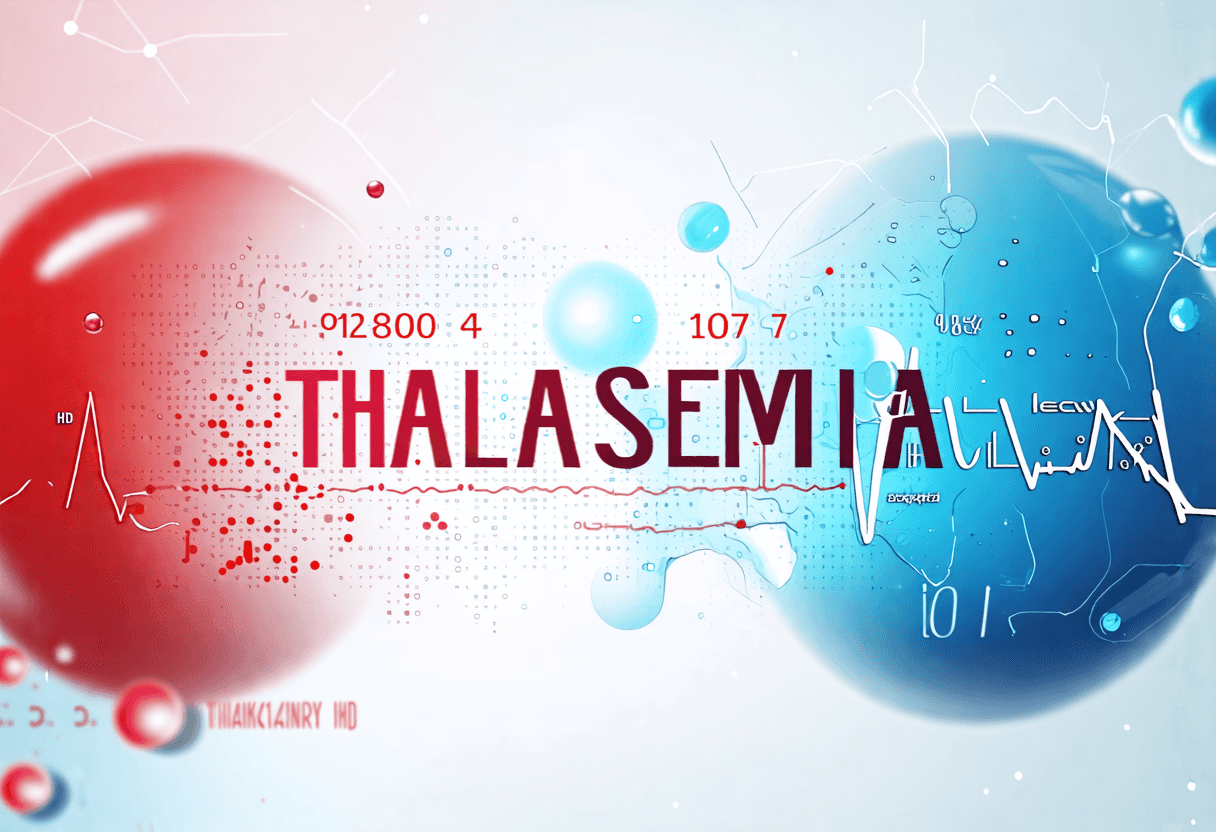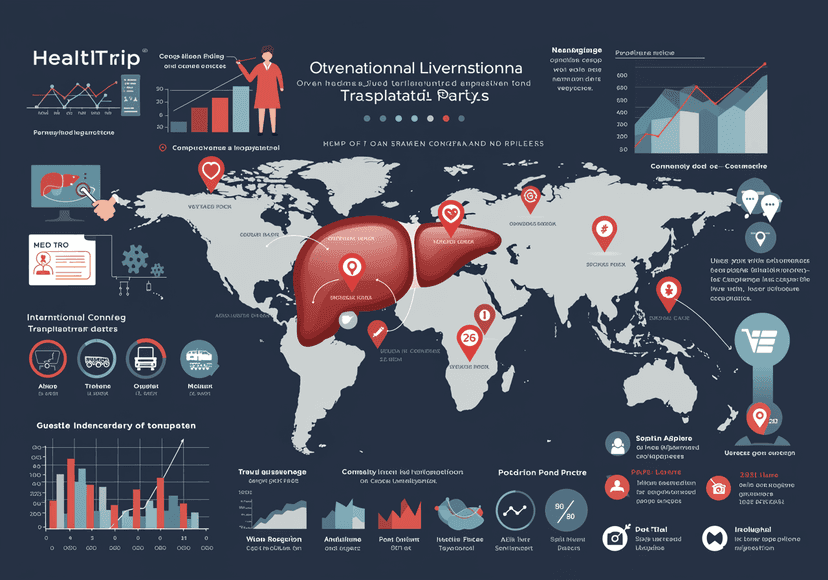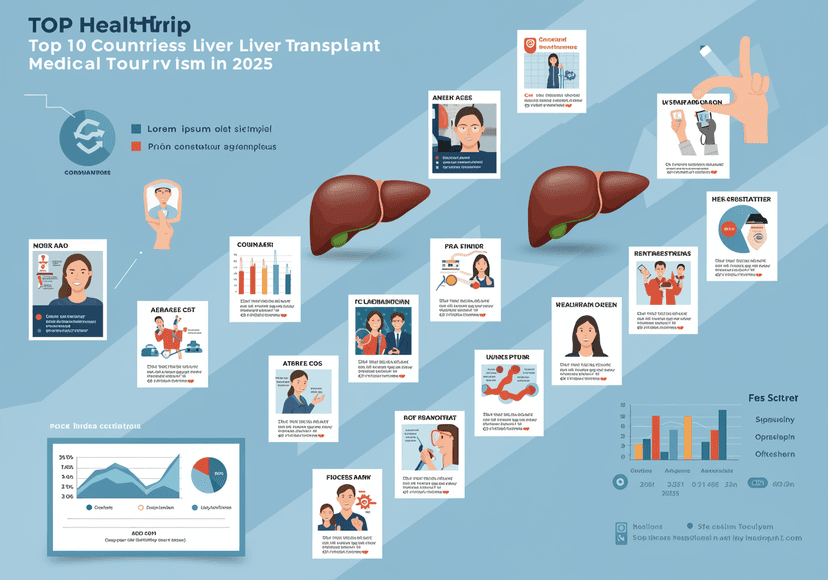
Understanding Thalassemia
26 Oct, 2024
 Healthtrip
HealthtripImagine being diagnosed with a genetic disorder that affects the production of hemoglobin, a protein in red blood cells that carries oxygen to the body's tissues. This is the reality for millions of people around the world living with thalassemia, a condition that can be debilitating, even life-threatening if left untreated. But what exactly is thalassemia, and how can it be managed? In this article, we'll delve into the world of thalassemia, exploring its causes, symptoms, diagnosis, treatment options, and the importance of health trips for individuals affected by this condition.
What is Thalassemia?
Thalassemia is a group of inherited blood disorders that affect the production of hemoglobin, a protein in red blood cells that carries oxygen to the body's tissues. The disorder is characterized by the production of abnormal hemoglobin, which can lead to anemia, a condition marked by a lack of red blood cells or hemoglobin in the blood. Thalassemia is most common in people of Mediterranean, Middle Eastern, and South Asian descent, but it can affect anyone, regardless of their ethnicity or nationality.
Most popular procedures in India
Types of Thalassemia
There are two main types of thalassemia: alpha-thalassemia and beta-thalassemia. Alpha-thalassemia occurs when there is a problem with the production of alpha-globin, a component of hemoglobin. Beta-thalassemia, on the other hand, occurs when there is a problem with the production of beta-globin. The severity of thalassemia depends on the type and severity of the mutation, as well as the number of abnormal genes inherited from parents.
Symptoms of Thalassemia
The symptoms of thalassemia vary in severity and can range from mild to severe. In mild cases, individuals may not exhibit any symptoms at all, while in severe cases, symptoms can be debilitating and even life-threatening. Common symptoms of thalassemia include fatigue, weakness, pale skin, shortness of breath, and jaundice. In severe cases, thalassemia can lead to complications such as heart problems, bone deformities, and increased risk of infections.
Wellness Treatments
Give yourself the time to relax
Lowest Prices Guaranteed!

Lowest Prices Guaranteed!
Diagnosis of Thalassemia
Diagnosing thalassemia typically involves a combination of physical examination, medical history, and laboratory tests. Laboratory tests may include a complete blood count (CBC) to check for anemia, as well as tests to measure the levels of hemoglobin and other components of red blood cells. In some cases, genetic testing may be necessary to confirm the diagnosis.
Treatment Options for Thalassemia
Treatment for thalassemia depends on the severity of the condition and may include blood transfusions, medication, and in some cases, bone marrow transplantation. Blood transfusions can help increase the amount of healthy red blood cells in the body, while medication may be used to manage symptoms such as anemia and infections. Bone marrow transplantation, on the other hand, is a more aggressive treatment option that involves replacing the faulty bone marrow with healthy stem cells.
The Importance of Health Trips for Thalassemia Patients
For individuals living with thalassemia, health trips can be a game-changer. Health trips provide an opportunity to seek medical care from specialized healthcare providers, access advanced medical facilities, and receive treatment options that may not be available in their home country. Additionally, health trips can provide a much-needed break from the physical and emotional toll of living with a chronic condition, allowing individuals to recharge and regain their strength.
Conclusion
Thalassemia is a complex and debilitating condition that affects millions of people around the world. While it can be a challenging condition to manage, advances in medical technology and treatment options offer hope for individuals affected by thalassemia. By understanding the causes, symptoms, diagnosis, and treatment options for thalassemia, individuals can take control of their health and seek the medical care they need to live a full and active life. And for those who require specialized medical care, health trips can provide a lifeline, offering access to advanced medical facilities and specialized healthcare providers.
Related Blogs

Healthtrip: Your Guide to Leading Multi-Organ Transplant Centers
Healthtrip

Healthtrip: Advanced Brain Treatment Options with Expert Surgeons
Healthtrip

Healthtrip: Global IVF Treatment - Journey to Parenthood
Your Path to Parenthood with Healthtrip

Healthtrip: Navigating International Liver Transplant Options & Prices
Healthtrip

Healthtrip: Top 10 Countries for Liver Transplant Medical Tourism in 2025
Healthtrip Medical Tourism

Healthtrip: Top 15 Liver Transplant Surgeons for International Patients
Healthtrip










